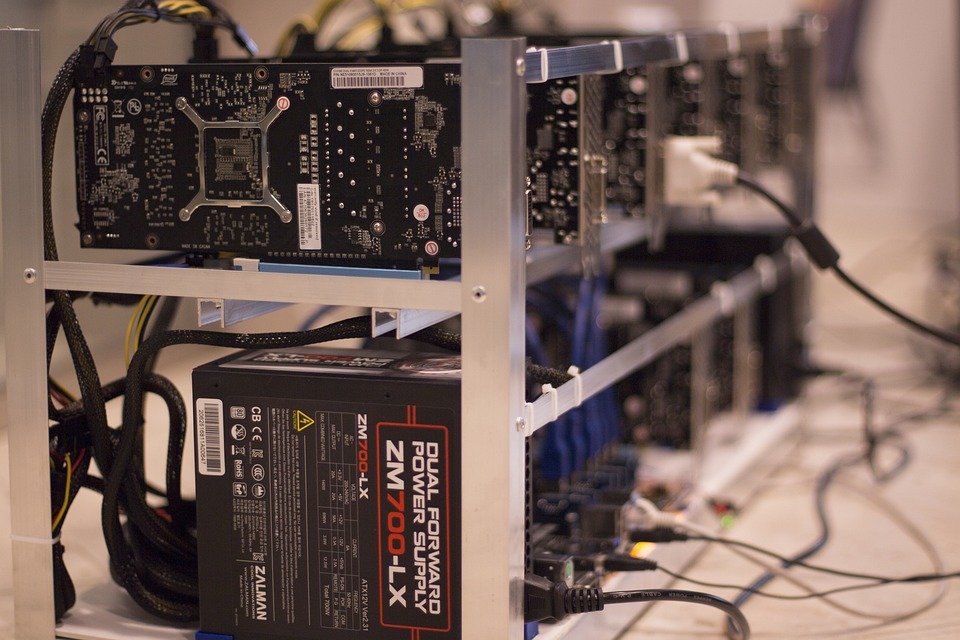Decentralization is a concept that has been gaining momentum in various sectors, including finance and governance. It refers to the distribution of power and decision-making authority away from a central authority to individual or smaller groups. This shift has the potential to bring about significant changes and improvements in these areas.
The traditional centralized systems in finance and governance have a number of drawbacks. In finance, centralized banks and institutions control the flow of money, making it difficult for individuals to have full control over their own assets. This can lead to issues such as lack of transparency, high fees, and limited access to financial services for certain populations. In governance, centralized power structures can lead to corruption, inefficiency, and lack of accountability.
By embracing decentralization in finance and governance, these problems could be addressed. In finance, decentralized systems such as blockchain technology allow for peer-to-peer transactions without the need for intermediaries. This can reduce fees, increase transparency, and provide financial services to underserved populations. Decentralized finance (DeFi) platforms also offer new opportunities for individuals to earn interest on their assets, borrow money, and participate in investment opportunities in a more equal and open way.
In governance, decentralization can empower individuals to have a greater say in decision-making processes. Blockchain technology can be used to create transparent voting systems that ensure fair and secure elections. Smart contracts can also be used to automate certain governance processes, reducing the risk of human error and corruption. Decentralized organizations (DAOs) are also emerging as a new way to manage and govern communities, with decision-making power distributed among members based on their contributions.
Despite the potential benefits of decentralization, there are also challenges and risks to consider. One of the main challenges is regulatory uncertainty, as centralized authorities may struggle to adapt to these new decentralized systems. There are also concerns about security, as decentralized systems can be vulnerable to hacks and attacks if not properly secured. Scalability is another issue, as decentralized systems may struggle to handle a large number of users and transactions.
Overall, exploring the potential of decentralization in finance and governance is an exciting opportunity to create more inclusive, transparent, and efficient systems. By embracing this shift, we can empower individuals to have more control over their financial assets and decision-making processes, leading to a more equitable and democratic society. However, it is important to proceed with caution and carefully consider the implications of decentralization to ensure its successful implementation.




